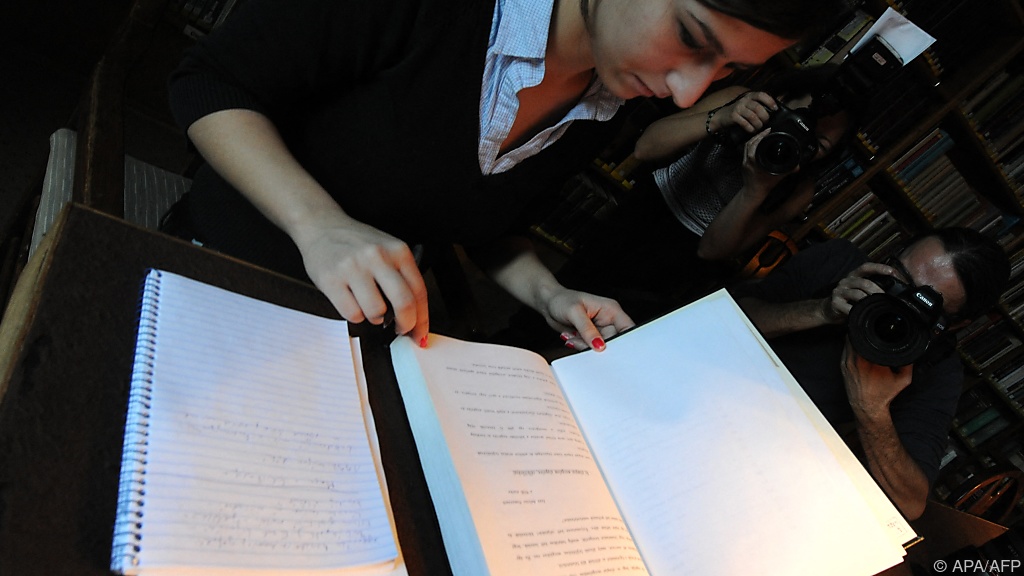The Commission for Scientific Integrity is facing an increasing number of inquiries. In the previous year, the highest number was reached with 61 inquiries, according to the authority’s 2020 annual report. The committee considers this a “welcome” development because its work is being followed up and viewed with increased interest and “it is clear that there is a growing awareness of issues of scientific integrity and the need to clarify these issues”.
Most of the cases relate to alleged plagiarism
The committee is an organ of the Austrian Agency for Scientific Integrity (OeAWI) which was established as an association in 2009. It now includes all universities, many large research institutions and funding agencies as well as some universities of applied sciences. The independent commission, made up of international experts, is investigating allegations of scientific misconduct in Austria, assessing the severity of the breach and making suggestions for further action.
OAWI Doesn’t speak tightly
Regarding the expectations for the commission, which go hand in hand with the increased interest, the commission clarified again in the annual report: “The OeAWI makes statements, but makes no judgments; it makes clear recommendations to member organizations, but is not responsible for their implementation,” the studies specialist wrote. Swiss-German Philippe Thesson, who has been the new chair of the OeAWI committee since December last year.
Not only the number of investigations but also the number of cases negotiated in the commission remains high: the commission negotiated 26 cases in 2020, 19 of which were closed. These unknowns are described in the annual report. Accordingly, a significant portion of the 19 closed cases relate to alleged plagiarism, mostly in the case of theses. Disputes over authorship and allegations of scientific misconduct have also occurred frequently
‘Huge allegations’ against the professor
The commission also had to deal with “enormous allegations” about copyright and plagiarism conflicts, research and professional impairments after a research funding institution and four young scientists from an Austrian university contacted OeAWI “which, according to good scientific practice guidelines, requires, among other things, responsible treatment and fair to young female scientists.These standards were repeatedly and systematically violated by the professor.
“Especially dangerous” is that the whistleblower has contacted various departments of the institute for years without resulting in any consequences. Therefore, it seems reasonable to conclude that “in the case in question, there are very clear indications that the management of the Institute has turned a blind eye to the serious violations of the code of good scientific practice that have persisted for years”. The committee gave the institute an “urgent recommendation to form an investigative committee internally to deal with alleged violations of scientific integrity and to make up for scientific misconduct to the extent possible.”
But there are also cases that you smile about
In addition to such serious cases, there were also cases that might have elicited a smile from a panelist or other member: for example, an applicant asked the agency to clarify whether an external report on her thesis had been submitted to an Austrian university. Disapproval can be rescinded and replaced with a third expert opinion. Background: The first supervisor rated the work better than the external reviewer requested by the applicant. She then wrote a multi-page critique of the report and accused the author of scientific misconduct. The Committee came to the conclusion that the authenticity of the external report could not be called into question and that the applicant’s attempts to replace the unacceptable report with a third report were scientifically dishonest. Additionally, claiming incorrect scientific procedures constitute scientific misconduct on your part.
The Committee also dealt with the question of whether ideas could be stolen if two institutes/chairs with a very similar subject focus almost simultaneously sent email surveys on the same topic to a limited professional group in Austria via the same mailing list. The panel considers the content of both surveys to be “obvious” and “not very original”, and it is likely that two groups of scientists with similar research fields will come up with the same ideas and similar surveys/experiments independently of each other in the current unprecedented implementation.
A scholar approached the panel on a plagiarism case where a graduate student at an Austrian university wrote a highly appreciated review of the applicant’s thesis in a journal, two-thirds of which paraphrased the thesis entirely. For the Commission, the line between plagiarism and paraphrase “was crossed several times,” but found no scholarly misconduct on the part of the accused in this particular case, “since the references’ exclusive reference to the work alleged to be plagiarism has already been highlighted Clearly “review” type.
(APA/Red, Photo: APA/APA/AFP)

“Explorer. Communicator. Music geek. Web buff. Social media nerd. Food fanatic.”







More Stories
A fossilized creature may explain a puzzling drawing on a rock wall.
MrBeast Sued Over ‘Unsafe Environment’ on Upcoming Amazon Reality Show | US TV
Watch comets Lemmon and SWAN approach Earth today